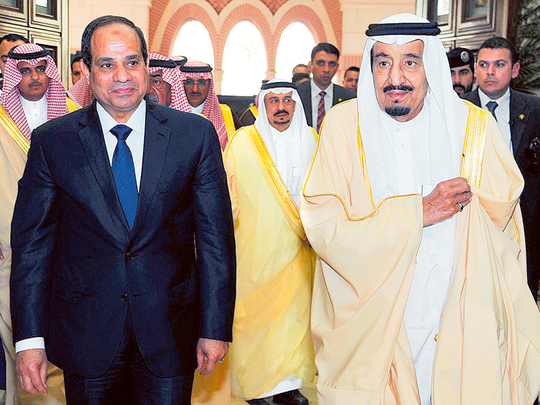
Beirut: When Ali Reza Zakani, a member of the Iranian Majlis declared a few months ago that “three Arab capitals [Baghdad, Beirut, and Damascus], have already fallen into Iran’s hands and belong to the Iranian Islamic Revolution,” few took notice.
With the recent addition of the fourth Arab capital, Sana’a, which is now fully under Iran’s sphere of influence, the Arab world faces an uphill battle in its opposition to Iran.
In Iraq and Syria, the Iranian Revolutionary Guard Corps under the command of Qasim Sulaimani, deployed the infamous Qods Force militia that fought alongside the Nour Al Maliki and Bashar Al Assad regimes. They brawled, maimed and killed Iraqis and Syrians and, as necessary, received assistance from the Lebanese militia, Hezbollah. Ironically, Iran received Iraq on a silver plate after the post-2003 Western fiasco led by then US President George Bush and his neoconservative supporters.
Yemen, of course, is exponentially different because of its strategic location on the Arabian Peninsula.
For Zakani, the Al Houthi takeover in Yemen is more significant than Hezbollah’s power base in Lebanon. He predicts that 14 out of 20 Yemeni provinces will fall under Al Houthi control, while the Gulf-backed government of Abd Rabbo Mansour Hadi which is recognised by the United Nations, has moved its operations to Yemen’s southern city of Aden. The two rival governments have led many to predict an eventual separation of Yemen between the north and the south.
Interestingly enough, three weeks before the Al Houthi takeover of Sana’a, Hussain Shariatmadari wrote in the Iranian daily Kayhan that “the Islamic revolution underway in Yemen will lead to the collapse of the Al Saud regime”.
Ali Akbar Velayati, the former Iranian Foreign Minister and current adviser on international affairs to Supreme Leader Ali Khamenei told visiting Yemeni clerics that Iran backs Al Houthis and considers the movement a successful materialisation of the Islamic Awakening (the name Iran adopted for the ‘Arab Spring’ movements).
He added that Al Houthis would play a similar role to that of Hezbollah in Lebanon--a clear illustration of what Tehran expected from its proxies.
The fall of Sana’a has jolted its Arab neighbours to act against what King Salman of Saudi Arabia has called a ‘clear and present danger’.
On Sunday, King Salman met with Egyptian President Abdul Fattah Al Sissi to discuss a proposal to create a joint Arab force to counter perceived security threats.
Despite Iran’s successful interference in Iraq, Syria, Lebanon and Yemen, the fact remains that all four of these countries remain in a state of perpetual conflict with no prospect for security or prosperity for all concerned.












